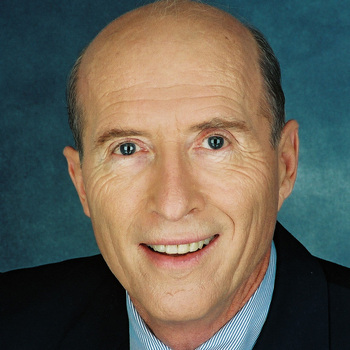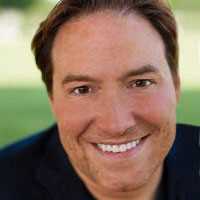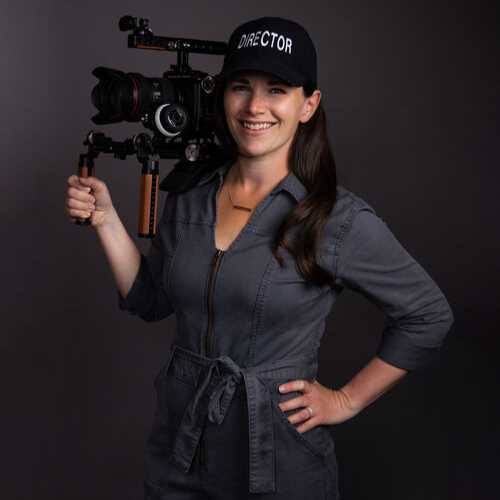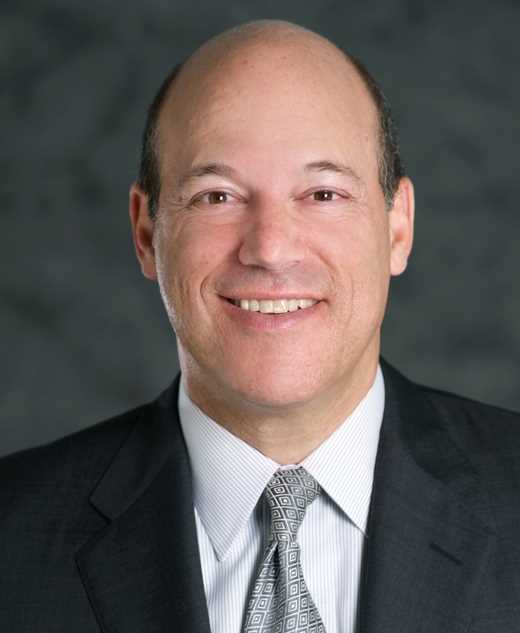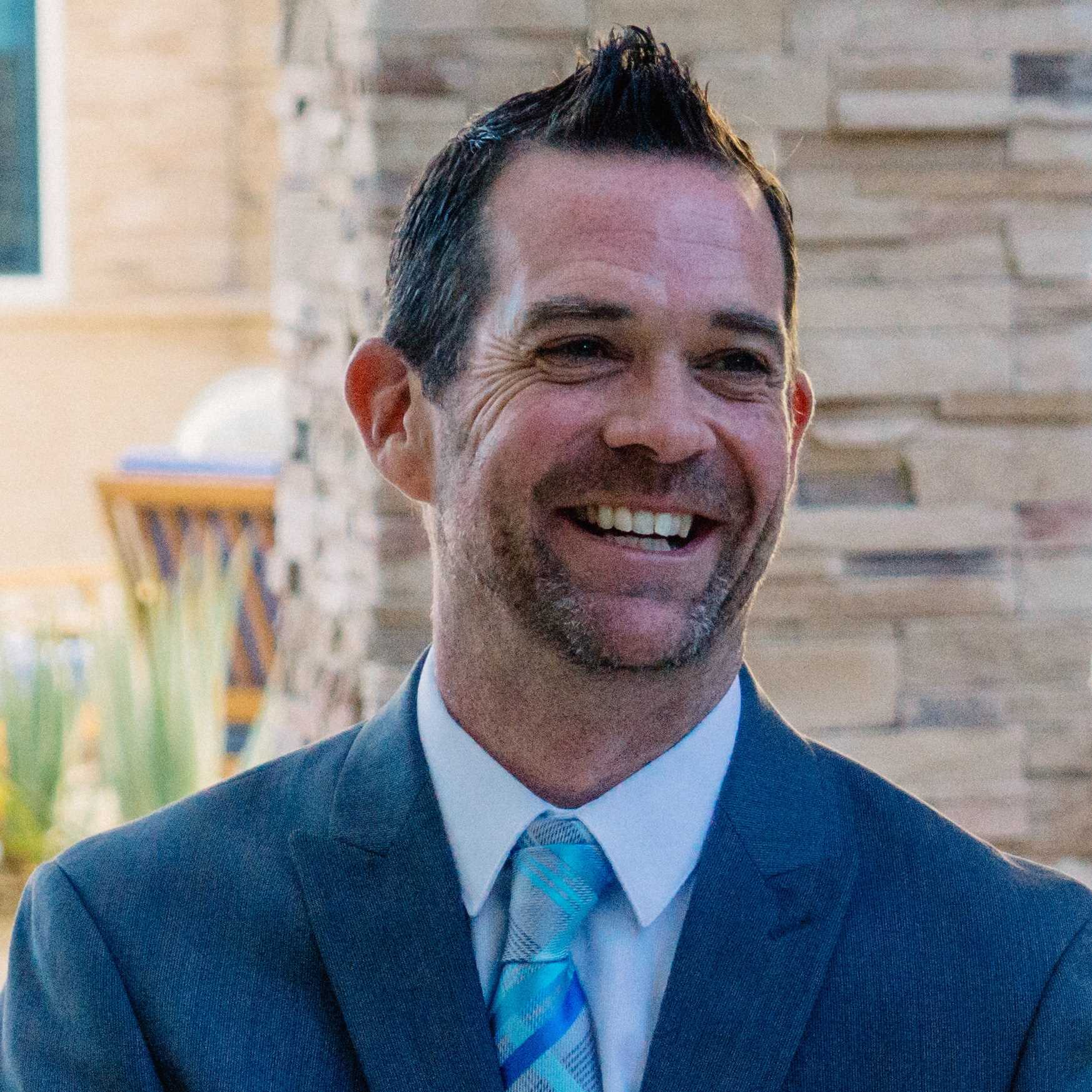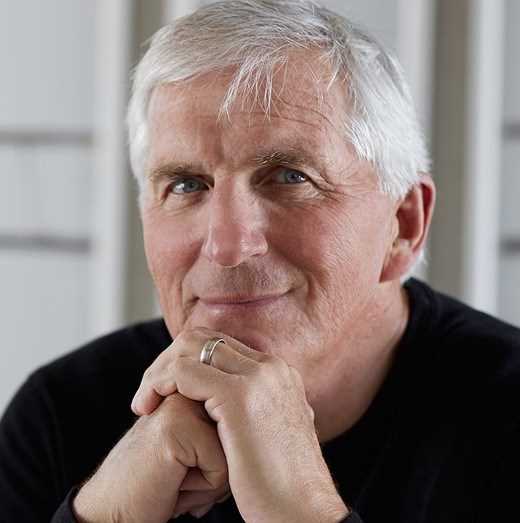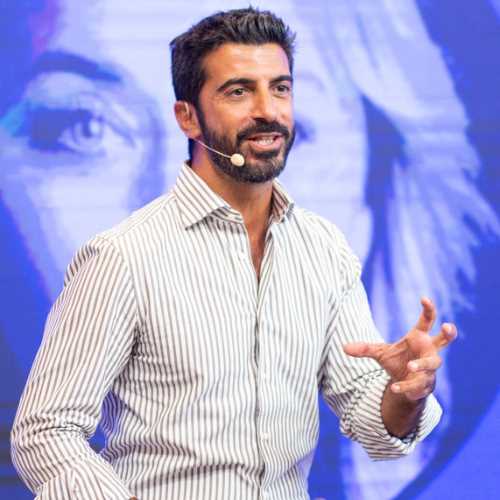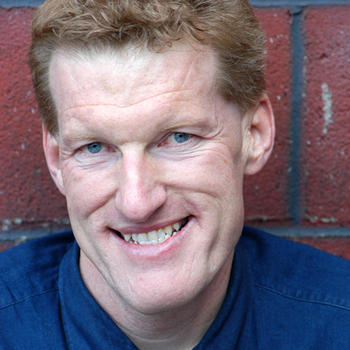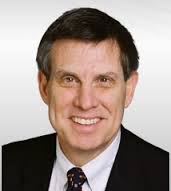
James Crupi
- Recognized Authority in International Business, Future Trends, & Leadership Development
Travels From
Texas
No videos found.
James Crupi Speaker Biography
James Crupi is a recognized authority in international business, future trends, and leadership development and is an internationally popular speaker. His leadership workshops are world renowned. He works with executives on the development of strategy and training of the management team and is repeatedly asked to provide insights that align strategy and enhance productivity and competitiveness. Jim has been featured on CNN and National Public Radio, and quoted in many publications throughout the world.
When the Army wanted all their General Officers trained for the changes affecting its future, it turned to James Crupi. Jim is a strategic advisor to the Chief of Staff of the Army for Leader Development, Innovation, and Army Transformation and is a lead trainer in the Army’s prestigious Strategic Leadership Course for all Army Generals. He has been given access to every officer and unit in the Army and is helping them rethink the future, design leader development efforts, and reexamine the way it does business.
Jim has served as a consultant to the Office of the President of the United States and does work for many Fortune 1000 corporations, including Coca Cola, Turner Broadcasting Corporation, EDS, Intel, Cisco Systems, CB Richard Ellis, Phelps Dodge and IBM among others. He served in the armed forces as a company commander and instructor at the elite Army Ranger School.
Leadership speaker James Crupi received his B.S. degree from North Georgia College, M.S. from the University of Southern California, and Ph.D. from the University of Florida. He has completed advanced work at the London Business School, Oxford University, and the International Management Institute in Geneva. 901-754-9404.
When the Stakes Are High- What Business Can Learn From the Military: On September 11, the greatest paradigm shift in the modern era occurred. That event has challenged everything the Army has learned about leadership, change, adaptability, future planning, and organizational transformation. Jim will share how the Army has had to change everything about itself and reinvent itself to fight the war on terrorism as well as futuristic notions of cyberwarfare and weapons of mass destruction. The presentation is guaranteed to challenge the very essence of your thinking about your own organization, the future and your sense of your own leadership abilities. If you think you know what is really going on, think again! Jim will challenge every thought you have ever had about leadership, terrorism, and organizational transformation. When the program is over you will not think the same way again.
* The Key Lessons From Operation Iraqi Freedom and Army Transformation
* Making Decisions in an Information and Media Rich Environment
* Developing the Right Kind of Leaders for a New Age
* Transformation Means Human Behavior, not Just Technology
* The New Network Centric Organization
* Reality vs. Perception
* Effects Based Management--A New Approach in a New World
Leadership: So you think you really know what it takes to be a leader in the information age. You believe that some things are just impossible to do unless you see it happen. You think you really understand how people look at you and how that frames your company’s culture. You think people hear your company vision and really understand and see what you are after. If you can answer yes to these questions, you don’t need to hear Jim. If, on the other hand, you want to really understand leadership in the modern age, his presentation is for you. You will accomplish something you believed was impossible and come to understand that your greatest strength is your greatest weakness. You will see that today people are substituting belief for knowledge and hope for expectation and that has profound implications for you as a leader.
* “If I Take Away Your Title, Will They Follow You”
* From Manager to Leader
* Six Attributes Needed By Leaders in the 21st Century
* Getting Peak Performance from People
* Strategic Leadership
* Building High Performance Teams
* Why Decision Speed Is Everything
Forces Shaping the Future: If you think the speed of change is fast today--it hasn’t even started. If you think you have picked up your last article about companies laying off thousands of workers--we haven’t even started. The world is rehaping itself at warp speed, but underneath those changes are important and understandable plates that, once understood, provides a template with which to make decisions and gain insight into what seems to be overwhelming challenges. Jim will reveal the key underlying forces shaping the future and in a practical way discuss what they mean for managing organizations and people. Among the forces discussed are: Demographics, Resource Scarcity, Technology, Information Proliferation, Conflict and Economic Integration. You will never look at the world the same way again. You will become more like the basketball player with 15 seconds left in the game who understands that 15 seconds is an eternity and sees the entire court instead of the fan who is yelling and screaming because their sense of time and insight is lost to emotion.
* Five Questions Business Must Answer
* Seven Forces Shaping the Future and How They Will Change Our Personal and Professional Lives
* Creating Strategy in an Event Driven World
* New Geopolitical Realities
* Four Trends that Will Reshape our Thinking
* How Technology Will Reshape our Approach to Business
* The Information Age Is Over, We are in the Communication Age
Managing Organizational and Personal Change: Why is it that organizations want to change and just can’t seem to fast enough? Why is it that people want to change their lives and just can’t seem to get their fast enough? Why is it that companies and people confuse incremental change with transformation [real deep change]? In our search for meaning and direction, we have a problem. Traditionally, our paradigms, myths, or scripts have told us what to do. They have helped organize our lives. Whenever we follow them, we feel safe. But today, our environment keeps changing. New ways of thinking and behaving are required because change is major in scope, discontinuous with the past and generally irreversible. Change distorts existing patterns of action and involves taking risks. It means surrendering control. Organization and change are not complementary concepts. To organize is to systematize, to make behavior predictable. This initially makes people and organizations more efficient or effective. As time goes on, however, these routine patterns can cause decay and stagnation. Because environments are dynamic and our myths are based in the past, our strategies often fail, and we feel a sense of alienation. In a highly interactive session Jim it helps people recreate new paradigms, myths, scripts, and personal and organizational frameworks that enable us to “build the bridge while walking on it”.
* Keys to Innovation
* The “Who Moved My Cheese”Metaphor
* When You Change What You Believe, You Change What You Do
* Four Variables that Affect the ability to be Change Friendly
* Overcoming Slow Death

